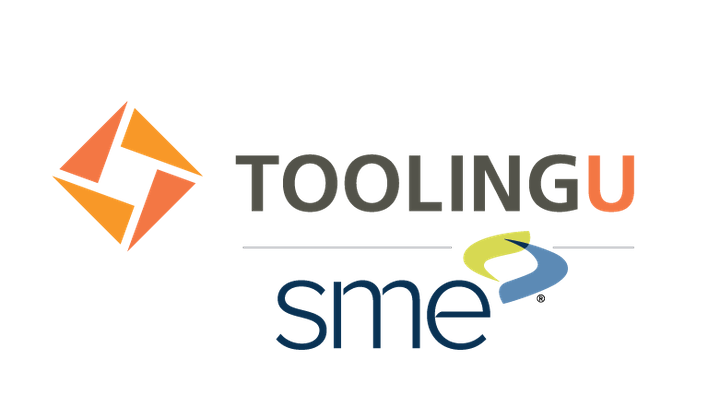
Relays, Contactors, and Motor Starters provides an overview of the primary components involved in electric motor control. Relays are electrical switches that control a circuit. When activated by current, a relay opens and closes a circuit to turn a larger current on or off. Contactors control current by conducting it through metal contacts that make or break electrical circuits. When combined with an overload relay, a contactor becomes a motor starter. Working with relays, contactors, and motor starters requires technicians to understand how to properly care for such devices and how to operate them effectively. After taking this class, users will be able to describe the design and function of common relays, contactors, and motor starters, as well as the applications for each device.
Other Courses in this Program:
Control Devices 211920110 Distribution Systems 221
920120 Limit Switches and Proximity Sensors 231
920130 Introduction to Electric Motors 301
920200 Symbols and Diagrams for Motors 311
920210 Logic and Line Diagrams 312
920220 DC Motor Applications 321
920230 AC Motor Applications 322
920250 Timers and Counters 340
460340
Course ID
920100
Skill Focus
Intermediate
Instructor(s)
ToolingU
Employee Type
None
Method of Delivery
Online
Estimated Effort
60